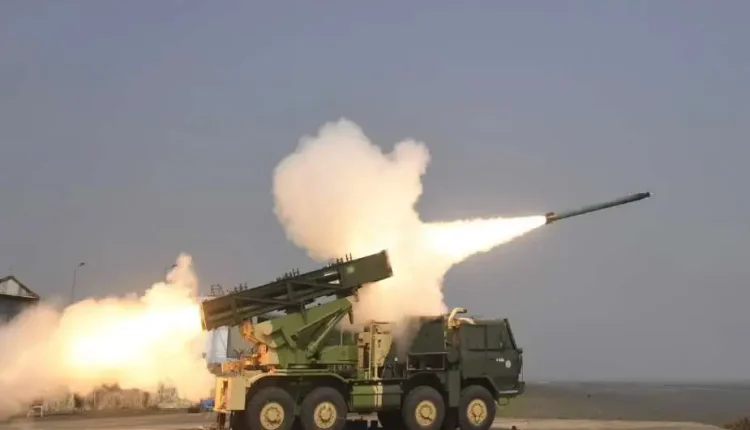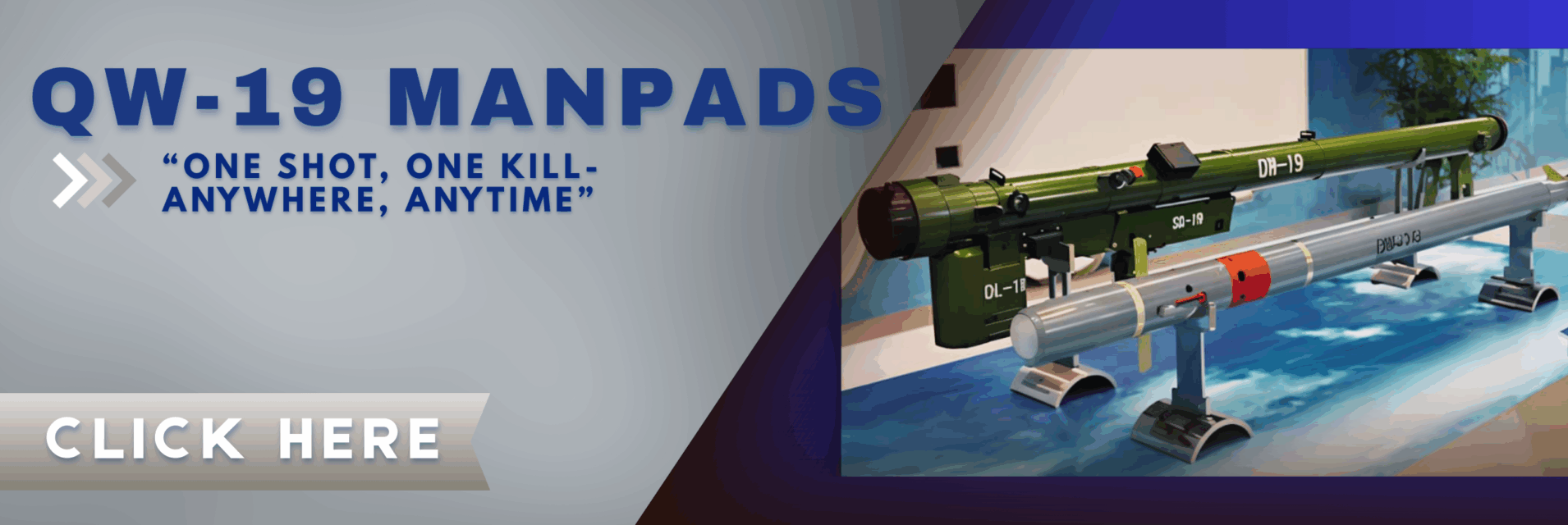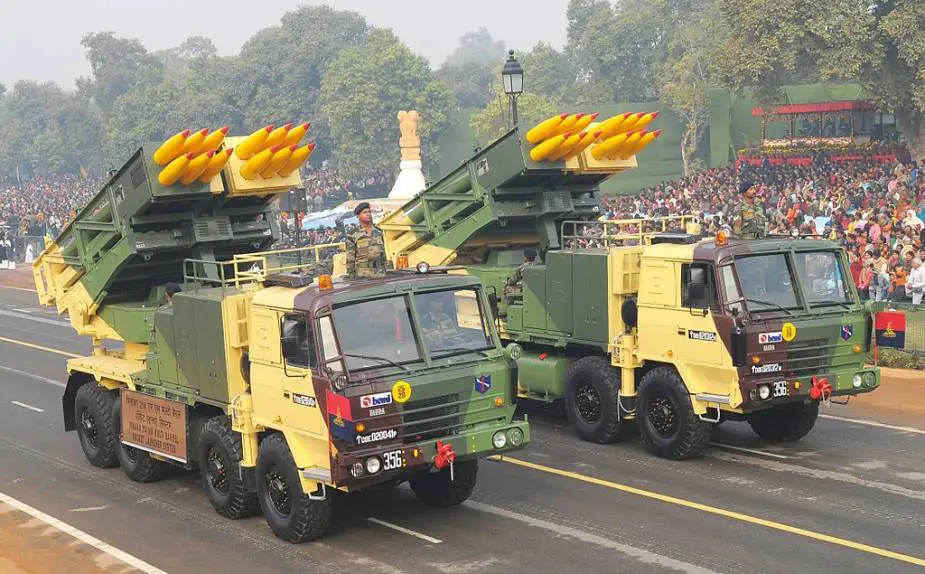Armenia Phases Out Russian-Made Weapons, Substitutes with Indian and French Arms
As a former Soviet Union state, Armenia has traditionally been a staunch user of weaponry systems manufactured by the Soviet Union/Russia across all branches of its military. However, the situation is gradually shifting as Armenia begins to phase out Russian-made weaponry and introduces weapons from abroad, particularly from France and India.


(DEFENCE SECURITY ASIA) — Armenia, which suffered defeat against Azerbaijan in the war for the Nagorno-Karabakh region, has begun gradually cease the use of Russian-made weapons and is transitioning to those manufactured by India and France.
Armenia, a former Soviet Union state, was part of the Collective Security Treaty Organisation (CSTO) alongside Russia. Apart from Russia and Armenia, CSTO includes Belarus, Kazakhstan, Kyrgyzstan, and Tajikistan.
However, Armenia has currently suspended its membership in the CSTO.
As a former Soviet Union state, the Armenian Armed Forces traditionally relied heavily on weaponry from the Soviet Union/Russia throughout all branches of its military.
However, gradually, the situation is changing as Armenia is moving away from Russian-made weaponry and integrating arms from abroad, particularly from France and India.
At present, Armenia finds itself flooded with Indian and French-made weaponry, while Azerbaijan is aided by weapons from Turkey, Pakistan, and Israel.

In 2023, Armenia reportedly purchased the Pinaka Mk1 and Pinaka Mk2 Multi Launch Rocket System (MLRS), capable of targeting distances ranging from 40km to 75km.
These Pinaka rocket systems, said to be equivalent to the HIMARS rockets made by the United States, were delivered to Armenia through Iran.
The Pinaka Mk1 and Mk2 rocket systems were developed by Tata Electric, Larsen & Toubro, and the Ordnance Factory Board (OFB).
Armenia’s procurement of the Pinaka Mk1 and Mk2 MLRS from India aims to replace the Grad BM-21 MLRS, a Russian-made system currently in use by its army.
Naturally, the newer Indian-made rocket systems are more modern and capable compared to the aging Russian-made ones.

This acquisition aligns with Armenia’s strategic position and its efforts to modernize its military, particularly in the context of ongoing tensions with its neighbor, Azerbaijan.
Currently, not only are Armenia’s relations with Azerbaijan strained, but its ties with Moscow are also chilly.
In addition to the Pinaka rocket systems, Armenia is reported to have acquired Indian-made anti-drone systems, and it has also obtained the “Akash” short-range air defense system developed by Bharat Dynamics Ltd.
The Akash air defense system can handle airborne targets such as drones or aircraft within a range of 4km to 25km.
Armenia has increased its defense budget from approximately US$800 million (RM3.6 billion) to US$1.5 billion (RM6.75 billion), targeting purchases of weaponry from countries other than Russia.

As for France, last year it agreed to supply Ground Master 200 (GM200) radars, as well as light weapons such as firearms, night vision equipment, Mistral guided missiles, and various others.
In February last year, French Defense Minister Sebastien Lecornu, accompanied by high-ranking officials from the country’s arms manufacturers, visited Armenia, where they offered various types of European-made weaponry for the use of the Central Asian country’s military. — DSA


Comments are closed.